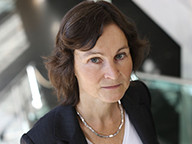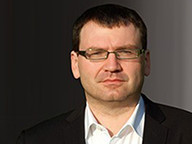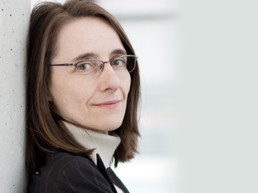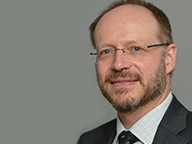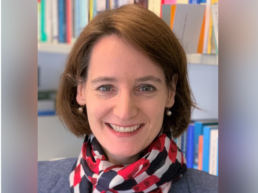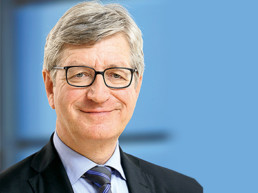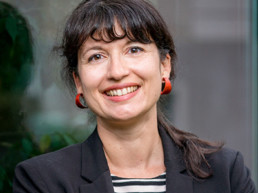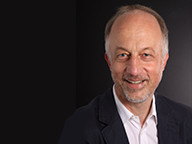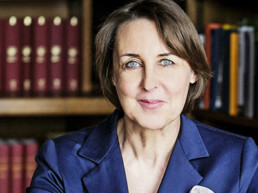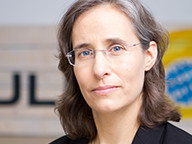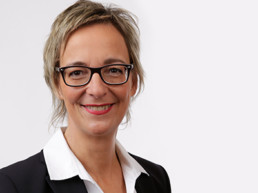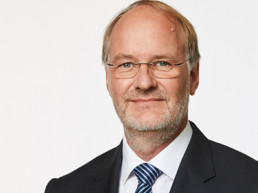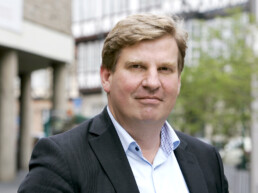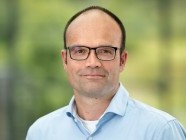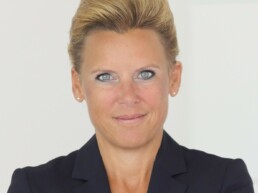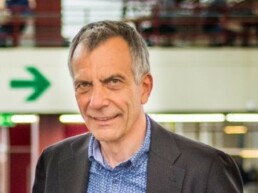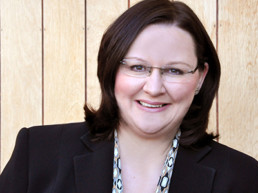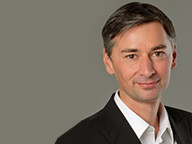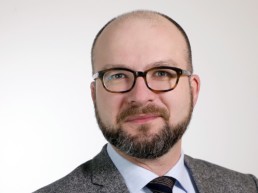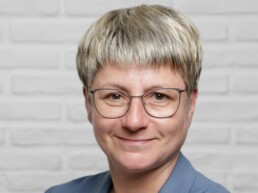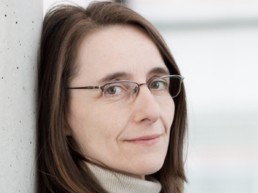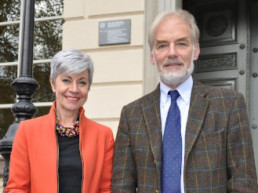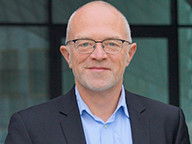THE COUNCIL
The German Council for Scientific Information Infrastructures has been active in the current composition of its members since November 2022 (third mandate term). The 24 members were appointed by the Joint Science Conference (GWK) for a term of four years and work in an honorary capacity. They represent a broad spectrum of scientific disciplines, actors and institutions. In the first two terms until October 2022 the RfII focused on the topics „Research Data – Sustainability – Internationality“. In the third term, the Council will focus on the synergies of the newly created data and information infrastructures in Germany and Europe, their interfaces to non-scientific data spaces and their evaluability- In addition, the RfII will take up new design issues for information infrastructures that have arisen from the transformation in disciplinary research cultures.
SCIENTIFIC USERS
INFORMATION FACILITIES
CHAIR
Chairpersons
Prof. Dr. Petra Gehring
Chair
TU Darmstadt – Department of History and Social Sciences
Prof. Dr. Lars Bernard
Deputy Chair
TU Dresden – Chief Officer Digitalization and Information Management
Prof. Dr. Barbara Helwing
Deputy Chair
Museum of the Ancient Near East, Berlin
FORMER CHAIRPERSONS
Prof. Dr. Otto Rienhoff
(Chair, Term of office 2014-2017)
University Medicine Göttingen – Institute for Medical Informatics
Sabine Brünger-Weilandt
(Deputy Chair, Term of office 2014-2016)
FIZ Karlsruhe – Leibniz Institute of Information Infrastructure
Prof. Dr. Stefan Liebig
(Deputy Chair, Term of office 2017-2022)
Freie Universität Berlin, Institute of Sociology
MANDATE
MANDATE AND MODE OF OPERATION
In November 2013, the Joint Science Conference resolved to establish a “Council for Information Infrastructures” for an initial pilot phase of four years. The task of the Council is to increase the level of transparency of developments and processes in the area of information infrastructures in the scientific system and beyond and support the development and communication of German positions in European and international debates. After successful evaluations in 2018 and 2022, a third mandate phase for a further four years was adopted in November 2022.
The Councils composition reflects the consideration that “the future of scientific information infrastructures is a joint task to be carried out by institutions providing the infrastructures, scientific users, funding bodies, and related national and international stakeholders.” The RfII is composed as follows to ensure equal participation:
- 8 representatives of scientific users from a wide range of scientific disciplines;
- 8 representatives of scientific information infrastructures who cover the entire range of the institutional scientific landscape in Germany;
- 4 representatives of the German federal Government and the „Länder“;
- 4 representatives of the public.
The first 16 representatives are appointed in a procedure similar to the German Council of Science and Humanities (Wissenschaftsrat). The other 8 representatives are nominated by the Joint Science Conference.
The plenum meets 2-3 times annually. Working groups and committees deal with specific issues from the Council´s work programme (see Projects).
Administrative support for the RfII is provided by a Head Office financed jointly by the German Federal Government and the Länder. In a competitive process, the University of Göttingen was awarded the task of hosting the Head Office. The Head Office was established on November 1st 2014 as a staff unit under the auspices of the Presidential Board of the University based on an administrative arrangement with the „Land“ Lower Saxony.


